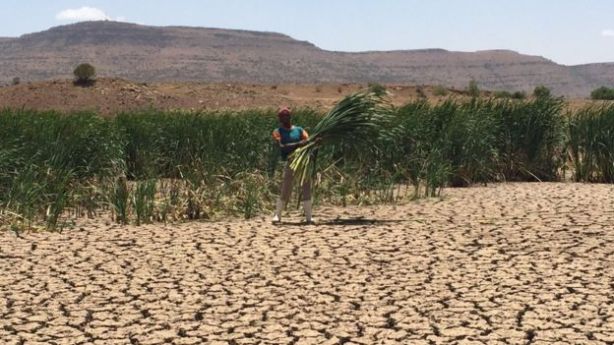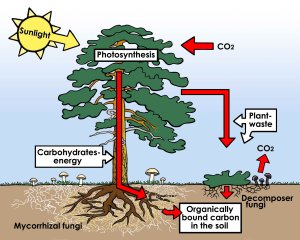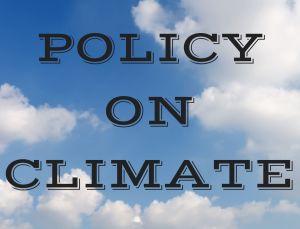Eight years ago, talkshop readers helped film maker Martin Durkin finance ‘Brexit the Movie‘, raising over £8000 towards the total cost of production. Now, Martin has made the long awaited sequel to ‘The Great Global Warming Swindle‘ with help from long time fellow sceptic Tom Nelson. It’s called ‘Climate the Movie: the Cold Truth’ and you can watch it for free here, right now. Enjoy!
Available at Vimeo vimeo.com/924719370
On X at twitter.com/TomANelson/status/1771682333738848477
On Youtube at youtube.com/watch?v=zmfRG8-RHEI
On Rumble at rumble.com/v4kl0dn-climate-the-movie-the-cold-truth-martin-durkin.html
























